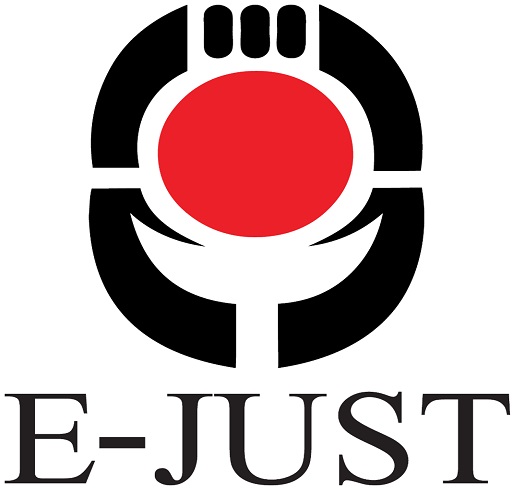Chemical Engineering Thermodynamics Through Solved Problems / Dr. G.N. & J.C. Chaudhri
Material type: TextLanguage: English Publication details: New Delhi : Khanna Publishers , 2008Edition: Second EditionDescription: 516 Pages ; 30 cmISBN:
TextLanguage: English Publication details: New Delhi : Khanna Publishers , 2008Edition: Second EditionDescription: 516 Pages ; 30 cmISBN: - 8174090622
- QC311 .P36 2008
| Item type | Current library | Call number | Copy number | Status | Barcode | |
|---|---|---|---|---|---|---|
 Books
Books
|
Fayza Aboulnaga Central Library | مكتبة فايزة أبو النجا المركزية بالحرم الجامعي | QC311 .P36 2008 (Browse shelf(Opens below)) | C. 1 | Available | 10011991 |
PREFACE The Fundamentals of Thermodynamics are being taught to the
students of physics and chemistry since long. In past thirty years not
only teaching of thermodynamics has been extended to engineering various universities were kept in view while selecting the problems for the book. While special care has been taken to include different
aspects of Thermodynamics, the solutions have been given both in
F.P.S. and S.I. for comparison as well as with the end objective of
introducing S.I. system. The solutions provided are complete to
encourage students to go in for problems solving as well as for better
appreciation of usefulness of Thermodynamic principles.
Suitable unsolved problems from University examination papers
have been given wherever possible. The assistance thus received is
gratefully acknowledged. The assistance provided by our colleagues Mr. R.P. Singh, Mr.
N.C. Jain, Mr. S.N. Srivastava, Mr. S.K. Awasthi and our students
Mr. Shailesh Srivastava, Mr. M.P. Agnihotri, Mr. Praven Jaiman is
gratefully acknowledged. Thanks are also due to Mr. P.N. Srivastava
for typing the manuscript of the book. The assistance provided by Dr.
A.K. Mishra and Dr. S.N. Upadhyaya at the time of revision of the
book is gratefully acknowledged.
The chemical engineering thermodynamics, first published in
1980 was received very well and it is expected that the revised edition
will also be received with same interest.
The authors will greatly appreciate being informed of errors and
receiving constructive criticism.
G.N. Pandey
J.L. Chaudhri
disciplines, eg, Mechanical Engineering, Electrical Engineering etc..
but efforts have also been made to prepare textbook materials on
Thermodynamics specially tailored for individual discipline with
obvious justification. Chemical Engineering is no exception and
naturally efforts have been made to prepare materials on
Thermodynamics specially for Chemical Engineering students. Such
material is equally suitable for other programmes dealing with process
industries eg Ceramic Engineering, Biochemical Engineering.
Pharmaceutical Engineering. Petroleum Technology, Food
Technology, High Polymer Technology, Oil Technology, ete. In such
cases it becomes easier to include several examples from process
industries to illustrate and explain the usefulness of thermodynamics.
There are a few books available on Engineering Thermodynamics
with suitable emphasis on theoretical aspects. Numerical problems
with solutions indicating the fundamental principles of
thermodynamics are neither available in textbooks nor it is possible
to solve many problems with full explanation in the class except for a
few problems as there is no system of giving hand-out to the students
especially for want of facilities in India. Under these circumstances, it
is difficult to justify the teaching of both theoretical and numerical
parts of Thermodynamics within the limited periods generally 2 to 3
in a week.
This book is expected to provide worked examples to the
students of Chemical Engineering and Technology. It will be helpful
to the students of Mechanical, Electrical and Civil Engineering as well.
The book will be equally useful to practicing Chemical Engineers,
Practicing Mechanical and Electrical Engineers working in Chemical
and Allied Industries. It is expected to be of special assistance to those
with chemistry background but working in Chemical Plants.
It is not the intention of the book to provide a large number of
solved problems but a few problems on each topic of Thermodynamics.
The syllabi of I.I.T.'s Curriculum Development Centre, Madras and
There are no comments on this title.
